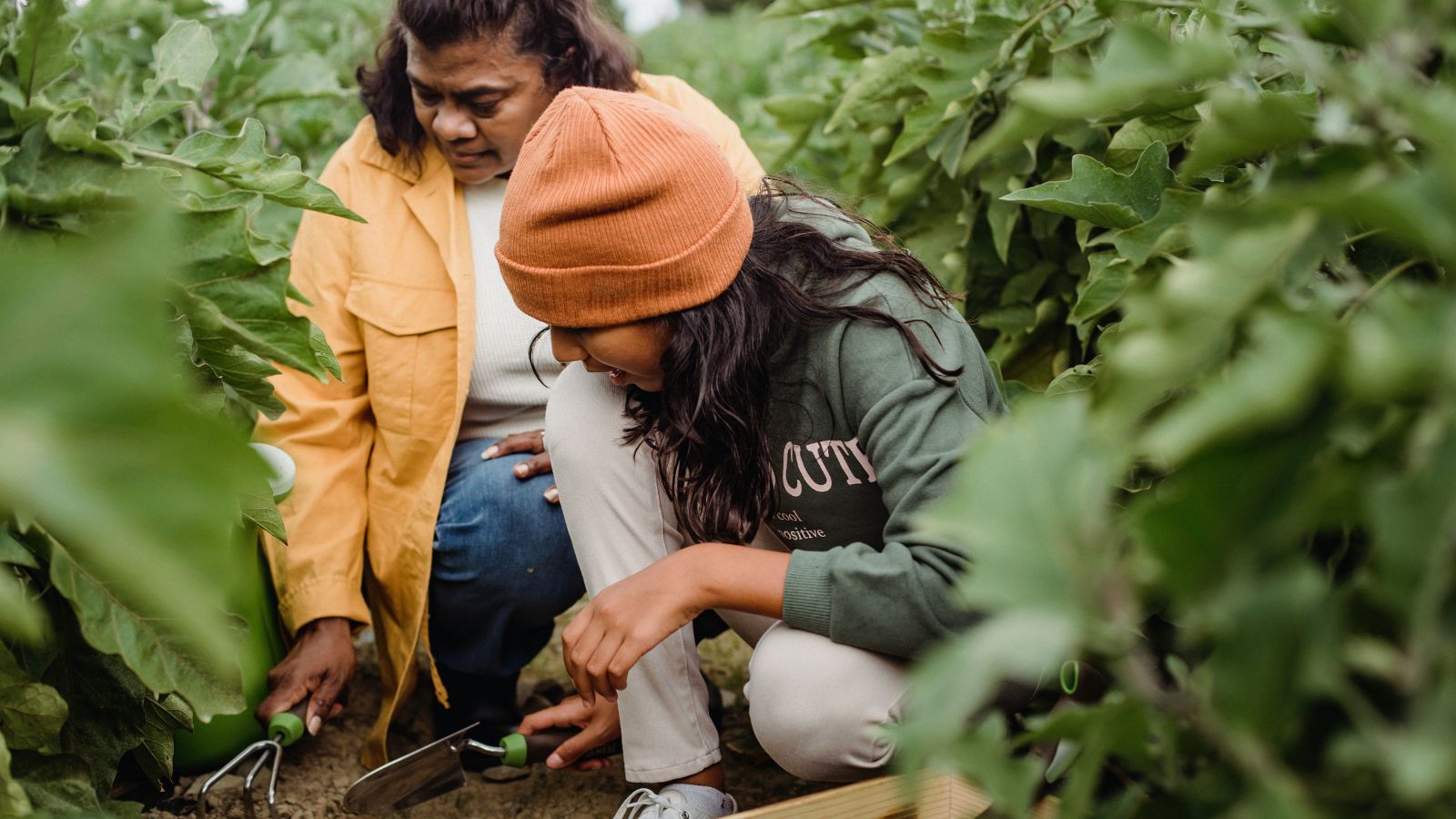Last spring, passengers on a boat tour of the Anacostia River enjoyed being on the water. And they discussed how activities in their communities — even 10 miles away – affect the ecosystem around them.
The tour was part of a grant-funded training program run by the Maryland-based nonprofit Defensores de la Cuenca, which means “watershed defenders.”
Through a series of workshops, it engages Latino residents on issues such as pollution and climate change, and it prepares them to implement solutions in their communities.
Executive director Abel Olivo says the program is conducted in Spanish. And participants get paid, which he says makes it feasible for more people to attend.
“Their time has real consequences,” he says. “That’s food on the table, that’s rent, car payment, gas, mortgage, et cetera.”
At the end, each participant can receive up to $5,000 to pay for a project they design — like workshops at their church or a tree planting that will help absorb rain and reduce polluted runoff: “something that rings true to them, something that is meaningful, something that they determine as a need,” Olivo says.
That way, residents’ interests and priorities are at the center of environmental solutions in their communities.
Reporting credit: ChavoBart Digital Media/Sarah Kennedy
Source link


